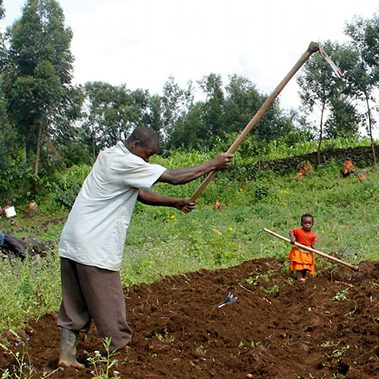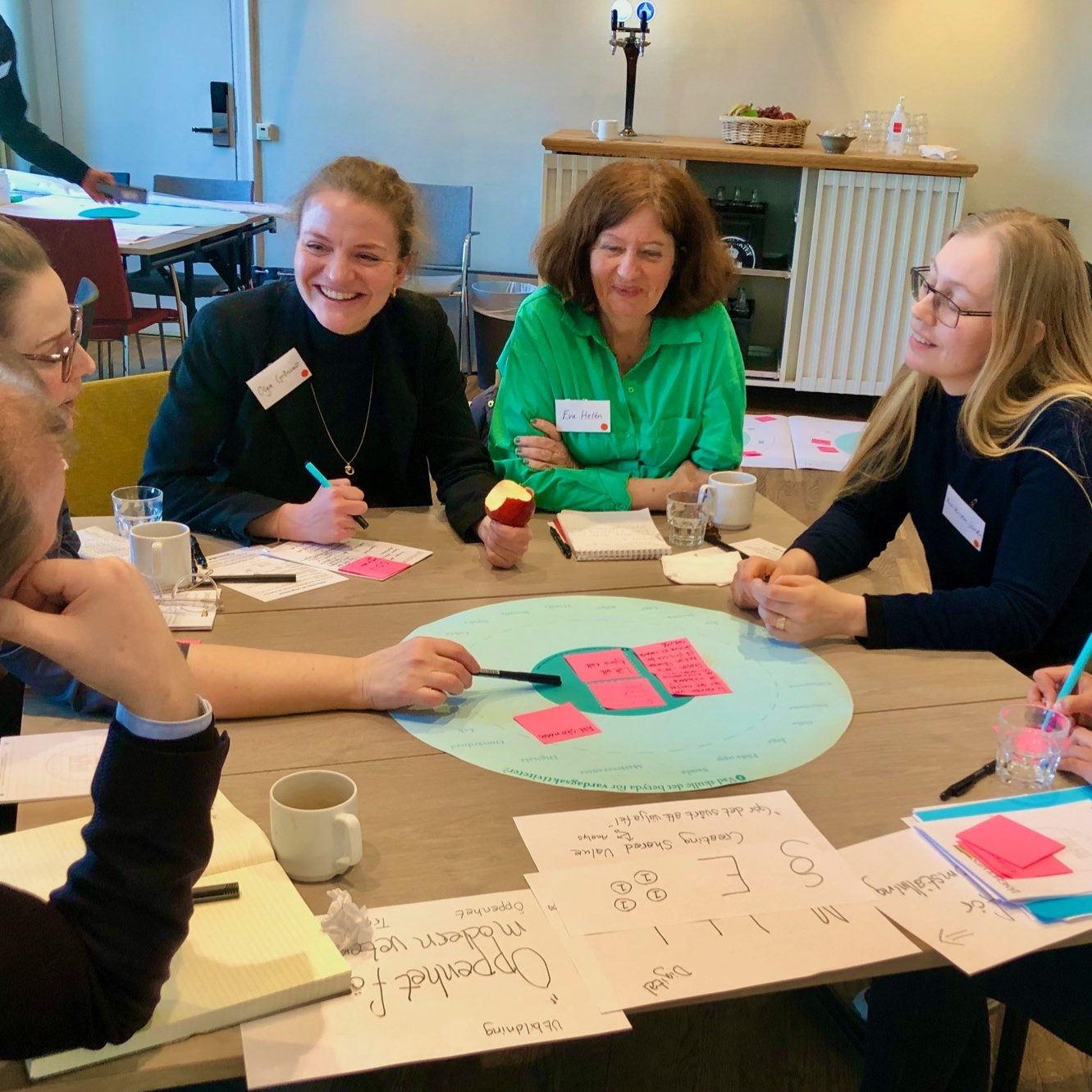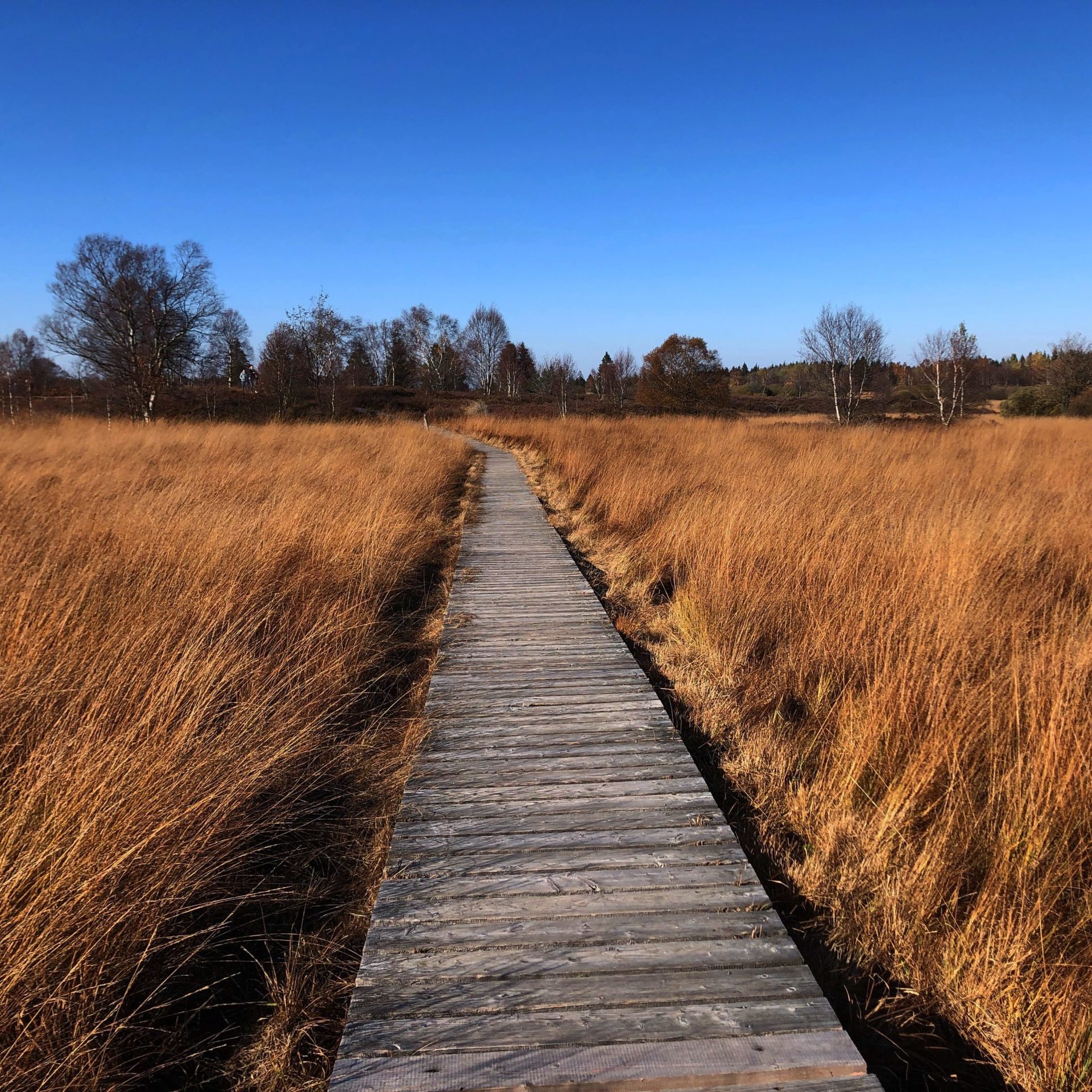Conservation landscapes
The name of this PECS working group (conservation landscapes) tries to capture that conservation areas are part of larger landscapes.
This working group posits that landscapes that include conservation areas harbor some of the world’s more valuable social ecological assets, with great potential to benefit human well-being; and that they can provide useful knowledge and resources for resilience, adaptation and innovation essential for a more sustainable future for ecosystems and society. In line with the PECS approach, we recognize that conservation landscapes are social-ecological systems that are complex, adaptive, and nested across spatial and temporal scales. This working group will conduct research in conservation landscapes to generate knowledge on social-ecological dynamics, cross-scale interactions and linkages between ecosystem services, human well-being, wealth and poverty. As a consequence, we aim to contribute to a transformation in conservation science and policy towards stewardship of social-ecological systems for global sustainability.
Research questions and information needs
The working group has two overarching research questions:
- What institutional arrangements, policies, practices and approaches in conservation landscapes contribute to sustainable human wellbeing? In other words: what does stewardship of social-ecological systems entail, and how do different types of conservation landscapes contribute to local, regional and global sustainability?
- How are institutional arrangements, policies, and practices that contribute to sustainable human wellbeing established and sustained? In other words, how does transformation towards stewardship of social-ecological systems happen?
Led by:
- Marja Spierenburg (Department of Organisation Studies, VU University, The Netherlands)
- Meriem Boumrame (UNESCO, Man and the Biosphere Programme)
- Lisen Schultz (Stockholm Resilience Centre, Stockholm University, Sweden)




